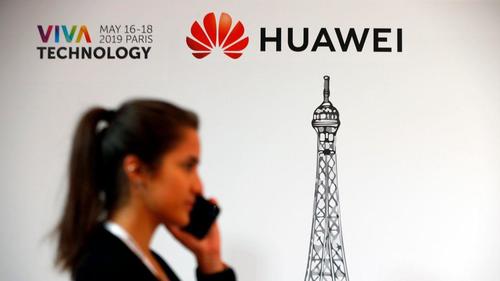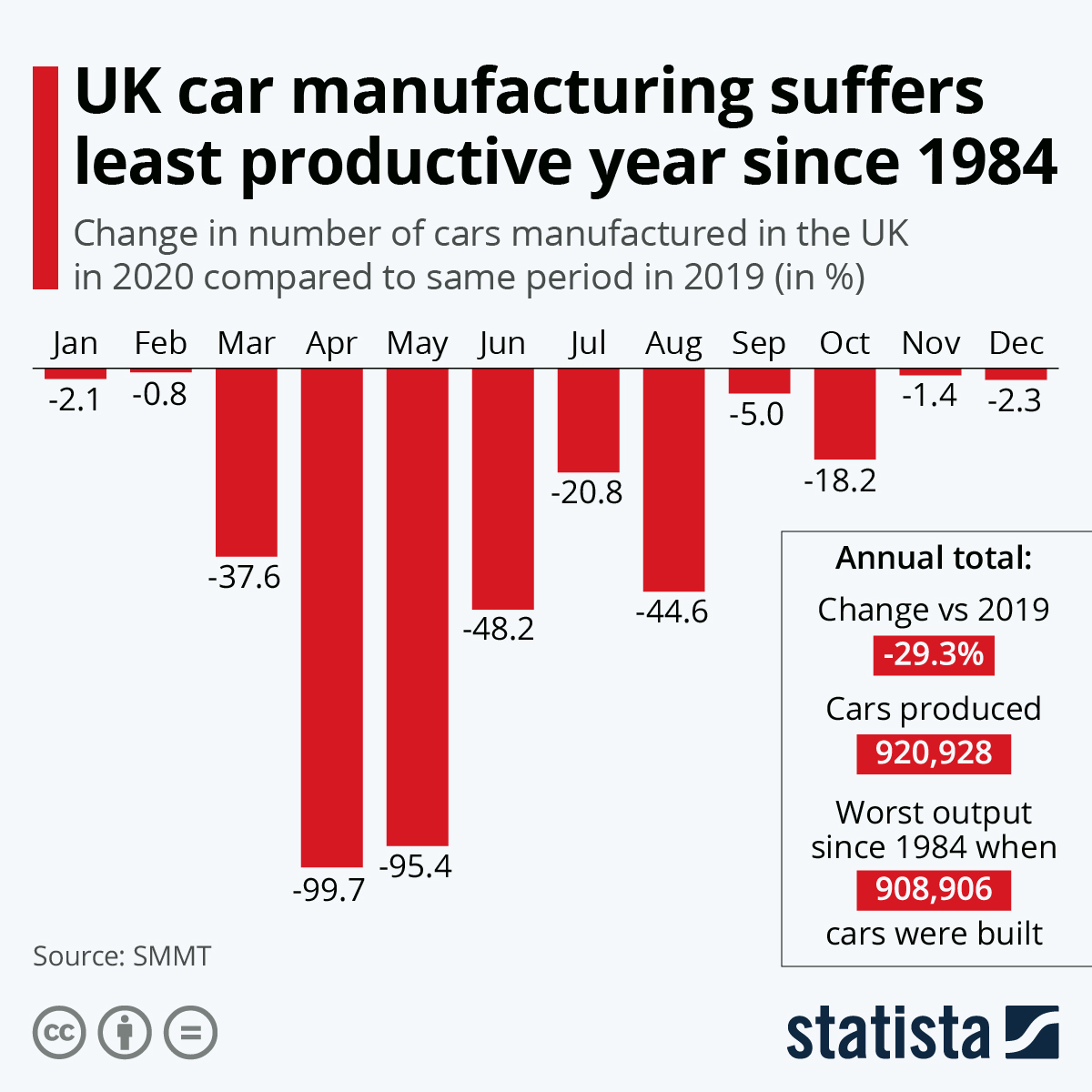In his victory speech, Joe Biden promised to be “a healer, a uniter, a tested and steady hand.” If the new president wants to make good on his word, Reason staffers have some ideas for a few items to add to his policy agenda. These are suggestions that Biden might plausibly heed. We’re still gunning for the legalization of heroin, but we’d settle for descheduling marijuana. We’d love to see an end to all foreign adventurism, but just getting out of Afghanistan would be a good start. A robust private market in health insurance would be ideal, but the new administration could at least allow a larger variety of plans. No one expects Biden to be a libertarian president, but here are a few things he could do to make the nation a little bit more hospitable to free minds and free markets.
—KATHERINE MANGU-WARD
Reform the Clemency Process
C.J. CIARAMELLA
If the Biden administration wants to make substantive gains in criminal justice reform without having to deal with Congress, it should turn to one of the least limited tools of the presidency: the pardon power.
The last two presidents have handled the pardon power differently. Barack Obama launched an unprecedented large-scale clemency initiative aimed at nonviolent drug offenders. As a result, 1,715 federal inmates had their sentences commuted or reduced. But the process was dogged by foot-dragging and resistance from the Justice Department, and thousands of inmates were left behind.
Pardon and clemency petitions are typically routed through the Justice Department’s Office of the Pardon Attorney. This office solicits feedback on petitions from the very federal prosecutors who secured those sentences, which creates a conflict of interest. “This is something we realized was not working under Obama,” says Jessica Jackson, chief advocacy officer at the Reform Alliance, a criminal justice advocacy organization. “That bottlenecked the process. It had to go through so many hands. There were deserving people who didn’t get it because of the pardon office being in the Justice Department.”
That included Alice Johnson, a grandmother serving a life sentence for a nonviolent drug crime. President Donald Trump commuted Johnson’s sentence after a personal appeal from megacelebrity Kim Kardashian West.
The Trump administration sidelined the Office of the Pardon Attorney, instead relying on a small group of informal advisers who vetted and brought lists of potential recipients to the White House. These included federal inmates who’d been passed over by the Obama administration, such as Crystal Munoz, who was serving 20 years in federal prison for a marijuana offense.
While this allowed commutations and pardons that otherwise would have been torpedoed by the Justice Department, the downside was that the number of beneficiaries slowed to a trickle. By the end of Trump’s term, more than 13,000 clemency applications were pending. He was on track to issue the fewest pardons and commutations of any president since William McKinley, until a spree in December bumped him up to 90 total, ahead of George H.W. Bush’s 77. The process also meant that to secure a commutation, you needed to have well-connected advocates and to capture the president’s fleeting attention. (Imagine how this could be abused if, hypothetically, a president was vain and easily impressed by celebrity status.)
Ideally there could be a smoothly operating pardon office, independent of the Justice Department, that handled clemency petitions at volume, with an eye toward the sort of excessive drug sentences that both Obama and Trump decried but never had the stomach to fully address. This wouldn’t require an act of Congress—just the will of a president able to admit the size and scope of the problem.
C.J. CIARAMELLA is a reporter at Reason.
Get Out of Afghanistan
BRIAN DOHERTY
In both 2011 and 2013, the Obama administration announced its intention to get all our conventional forces out of Afghanistan, where they did little but prop up corruption, provide targets for insurgents, and waste taxpayers’ money. As vice president, Biden tweeted that we would be out of Afghanistan in 2014. He failed to come through then, but he can make up for it now.
Washington currently finds itself, by realpolitik necessity, negotiating with the same force—the Taliban—that it sent troops to Afghanistan to overthrow. We stayed long enough, caused enough death and chaos, and funded enough bad governance for the wheels of history to transform a war that looked like a U.S. victory into an occupation that looks sadly pointless. The best thing we can take away from the experience is the wisdom not to pretend we can pacify or transform a troubled nation half a world away and the prudence not to stay in a war long after its futility has become clear.
Waiting until the Taliban stop misbehaving, or the contending sides in their internal conflicts have settled their differences, guarantees Afghanistan will be a forever war—one that Biden declared last year that “it is past time to end.” Ending it requires presidential resolve, not leaving foreign policy decisions in the hands of Afghanistan’s feuding factions or waiting for fantastical “security conditions” that we never had the power to create.
The Trump administration claimed in November to be on track for an end to our presence there by May. Biden should meet that deadline, or even exceed it—not for the sake of honoring his predecessor, but to honor policy sense and the health and welfare of our armed forces.
In the Obama administration, Biden was a voice for a relatively narrow mission of counterterror rather than a broad one of counterinsurgency. The latter has proven hopelessly ineffective and wasteful, and the former does not require thousands of troops permanently stationed. We should cease any role in the aerial bombing of Afghanistan (which increased under Trump), and we should stop financing that government’s incompetence. American authorities never understood the country’s culture, and after toppling the Taliban they never really understood the mission. It was past time to leave when Biden was vice president; now, as president, he can finally fulfill that promise.
BRIAN DOHERTY is a senior editor at Reason.
Don’t Call It ‘Junk’ Insurance—and Don’t Restrict Its Sale
PETER SUDERMAN
Donald Trump’s presidency began with a fruitless quest to repeal and replace Obamacare. The effort, which chewed up much of Washington’s attention during 2017, failed in part because neither Trump nor congressional Republicans managed to unify around a single plan. Trump, in particular, seemed unable to even explain the basics of what the various replacement plans were attempting to do; at best he promised health care that was “better” and “cheaper.”
Yet out of the ashes of policy failure, the Trump administration did deliver an under-the-radar improvement to the health insurance marketplace, by loosening some of Obamacare’s insurance rules.
Obamacare was designed on the premise that health insurance should be comprehensive. One of the law’s major components was a list of “essential health benefits” that every plan sold through the law’s insurance exchanges were required to include. Anything less was derided as “junk insurance” because it didn’t cover every possible health care eventuality.
This had predictable consequences. The highly regulated insurance sold under Obamacare offered a greater array of benefits. It was also substantially more expensive, which proved particularly troublesome for families whose household incomes were just high enough not to qualify for the law’s subsidies. Health insurance premiums rose throughout Barack Obama’s presidency.
The Trump administration saw this as an opportunity: Why not use executive authority to deregulate cheaper plans with fewer benefits? So in 2018, it loosened restrictions on the sale of what are known as “short-term, limited duration” insurance plans. The Obama administration had restricted the duration of those plans to three-month stretches. Under Trump, the plans became available for up to 36 months.
Those less expensive, less comprehensive plans have since become quite popular, with more than 188,000 people enrolled at the end of 2019—possibly many more, as the plans are not tracked in the same way as more comprehensive policies. The insurance that was derided as junk is, to many Americans, a demonstrable value.
One result has been to keep insurance premiums down: In states relying on the federal health care exchange, premiums for typical plans fell from 2018 through 2020. Meanwhile, Obama-care’s subsidized, regulated plans are still there for Americans who want them.
Biden and his health care team will no doubt be tempted to reverse this, but that would be a mistake. Americans should have the choice of cheaper, less regulated, less comprehensive plans, even if it’s not precisely the coverage that Obamacare’s authors had in mind.
PETER SUDERMAN is features editor at Reason.
Let Hongkongers Come to America
LIZ WOLFE
Improving on Donald Trump’s immigration record won’t be a tall order. While America’s 45th president worked hard to scrap the Deferred Action for Childhood Arrivals program, which allowed roughly 640,000 immigrants who came to the country illegally as children to work and study here legally, Joe Biden says he’ll push for giving them a path to citizenship.
But Biden should add a proposal with less precedent in the U.S. His administration should grant visas to Hongkongers looking to flee Chinese rule and start anew in the United States.
In 1997, China’s “one country, two systems” policy extended autonomy to the island as a condition of Britain handing the territory over to China. (The arrangement was supposed to expire in 2047.) For the ensuing two decades, residents of Hong Kong enjoyed due process in courts of law, the freedom to criticize their government as much as they wanted, and the prosperity brought by thriving commerce.
But over the last few years, the mainland has attempted to take control of Hong Kong ahead of schedule. Residents responded by protesting Beijing’s cruel and duplicitous actions. Hundreds of thousands (by some counts millions) of people took to the streets and occupied thoroughfares for months on end. The authorities then enacted a vague national security law that gives the government broad latitude to squash dissent.
Since then, politically outspoken university faculty members have been stripped of their positions. Organizers have been arrested and jailed—including 53 pro-democracy leaders in a massive early January sweep. Twelve protesters attempted to flee by speedboat to Taiwan, getting only a quarter of the way before they were apprehended. Their families begged for their release with their faces obscured, fearing retribution.
Though Hong Kong’s freedoms are largely gone, Hongkongers now have a more profound appreciation for the value of free expression. They’d be wonderful new Americans for that reason alone. On a more practical level, many Hongkongers are highly educated and entrepreneurial; they could breathe fresh air into U.S. regions and towns that need to be reinvigorated. And letting them in would have bipartisan support: High-profile Republicans such as former Senate Majority Leader Mitch McConnell of Kentucky have explicitly (and rightly!) called for providing a “beacon of light” to people fleeing communism. For all these reasons, President Biden should give refuge to Hongkongers yearning to breathe free.
LIZ WOLFE is staff editor at Reason.
Expand Your Marijuana Reform Ambitions
JACOB SULLUM
Unlike most of the candidates for the 2020 Democratic presidential nomination (including his eventual running mate), Joe Biden opposes federal legalization of marijuana. Instead, he says he wants to “decriminalize cannabis use,” expunge the records related to such cases, and move marijuana to a less restrictive legal category.
Those first two steps would not have much impact, since the Justice Department rarely prosecutes low-level possession cases. Moving marijuana from Schedule I of the Controlled Substances Act (CSA), a category supposedly reserved for exceptionally dangerous drugs with no accepted medical use, to Schedule II, which indicates that a drug has a high abuse potential but can be used as a medicine, might facilitate research. But it would not address the untenable conflict between the CSA and the laws of the 36 states that allow medical or recreational use of marijuana.
That conflict casts a dark shadow over the burgeoning cannabis industry, making basic business functions such as banking and paying taxes needlessly difficult, costly, complicated, and legally perilous. Descheduling marijuana completely, as a groundbreaking bill that the House of Representatives approved in December would do, is the most straightforward way to address that problem. But even if Biden could be persuaded to support that solution, which Vice President Kamala Harris favored as a senator, Republican opposition probably would make it politically impossible. Just five Republicans voted for the House bill, and Senate passage would require GOP support or Democratic unanimity.
A less radical approach, embodied in a 2017 bill that attracted bipartisan support in the House, is to revise the CSA’s marijuana ban so that it does not apply to state-legal conduct. Such an amendment would jibe with Biden’s promise to “leave decisions regarding legalization for recreational use up to the states,” and it should appeal to the federalist instincts of at least some Republican legislators.
If that option is also off the table, Biden might be persuaded to support piecemeal reforms with a better chance of passing both chambers. The Secure and Fair Enforcement Banking Act, for instance, would protect banks that serve state-licensed marijuana businesses from the threat of criminal penalties and potentially ruinous regulatory sanctions. The Small Business Tax Equity Act would amend Section 280E of the Internal Revenue Code, which prohibits state-licensed marijuana suppliers from deducting business expenses on their federal returns, a disability that raises their effective tax rates to as much as 75 percent.
The Veterans Equal Access Act would allow doctors in the V.A. health care system to recommend medical marijuana in states where it is legal. It’s a modest reform that should appeal to legislators who want to be seen as standing up for veterans, especially now that more than 70 percent of the states allow medical use of cannabis.
Biden may never come around on marijuana legalization. But he could still support steps like these, which would significantly reduce the harm caused by federal prohibition.
Senior Editor JACOB SULLUM is a nationally syndicated columnist.
Keep Playing Nice With Private Space Companies
KATHERINE MANGU-WARD
Joe Biden doesn’t seem to be much of a space geek. Like virtually all American politicians, he says nice, bland stuff about “a bold space program that will continue to send astronaut heroes to expand our exploration and scientific frontiers.” That’s fine. If he simply sticks to Obama-era space policies, that will be more than enough to protect the incredible progress we have made returning Americans to orbit on privately built and launched vehicles in collaboration with NASA.
In a somewhat unexpected twist, President Barack Obama supported privatization in the space sector, diverting funding to contract with commercial firms for resupply missions and more. That program bore fruit during the Trump administration with the stirring, successful manned missions that sent astronauts aboard SpaceX vehicles to the International Space Station (ISS).
Battles about the new Space Force and climate science funding will likely be highly politicized. But what we know about Biden’s transition team suggests a heartening possibility that he will break with bipartisan tradition and try to terminate funding for the wasteful and porky Space Launch System (SLS), the super heavy–lift rocket built primarily by Boeing and famed for its development delays and cost overruns. SLS is projected to cost as much as $2 billion per mission when it’s done—if it’s ever done. Compare that with $90 million per launch for SpaceX’s Falcon Heavy, which is admittedly a less powerful rocket but is reusable and has a track record of success.
That said, there’s a good chance inertia will again triumph in the space-industrial complex; many powerful legislators have incentives to keep Boeing happy and the people who work at SLS facilities in their districts employed. Trump planned to end public funding for the ISS, putting the floating lab and habitat in private hands in 2025. Biden will likely reverse or dramatically slow this decision.
On the brighter side, he will also probably push back the Trump administration’s wildly unrealistic plan to return to the moon in 2024. That will give private companies more time to prepare for the challenge, and competitors such as Blue Origin more time to get established in commercial launch.
KATHERINE MANGU-WARD is editor in chief of Reason.
End Trump’s Trade Wars
ERIC BOEHM
President Joe Biden should lift the myriad tariffs that Donald Trump placed on foreign steel, aluminum, solar panels, and washing machines, along with a wide range of Chinese-made goods. Those tariffs have burdened American consumers and businesses—ironically harming manufacturers more than most—without accomplishing much else. Unilaterally repealing them would not be a surrender; it would be a refusal to keep firing a gun at America’s foot.
Trump was right that the United States has a key role to play in standing up to China’s authoritarian tendencies. But our economic interests are too interwoven with China’s for Trump’s zero-sum approach to be successful. The goal should be not to defeat China but to encourage it to change—and to reward it for moving in a pro-freedom direction.
Rather than spurning allies, Biden should take a multilateral approach. Japan, Vietnam, and other major American trading partners share many of our concerns about the economic influence China exerts. It makes sense to pursue a regional trade deal that would lower tariffs for imports from non-China countries. That would give American businesses clear alternatives for overseas investment and force China to change if it wants to keep competing.
That was the basic idea behind the Trans-Pacific Partnership (TPP), the Obama-era trade agreement that Trump tore up during his first week in office. The other nations involved in that deal went ahead without the United States, but America’s participation would probably be welcomed, though some diplomacy might be necessary. Biden has said he would not rejoin the TPP as it was previously written but that he would leverage America’s allies to hold China accountable for breaking international norms on trade. That’s a good place to start.
Trump’s trade wars were deeply unpopular, and polls show that free trade is now more popular with Americans than ever before. Biden, who has a long history of supporting trade deals that lowered tariffs and boosted American prosperity, should not shy away from arguing that more trade is good both for America and for the rest of the world.
ERIC BOEHM is a reporter at Reason.

from Latest – Reason.com https://ift.tt/3rfEPet
via IFTTT







